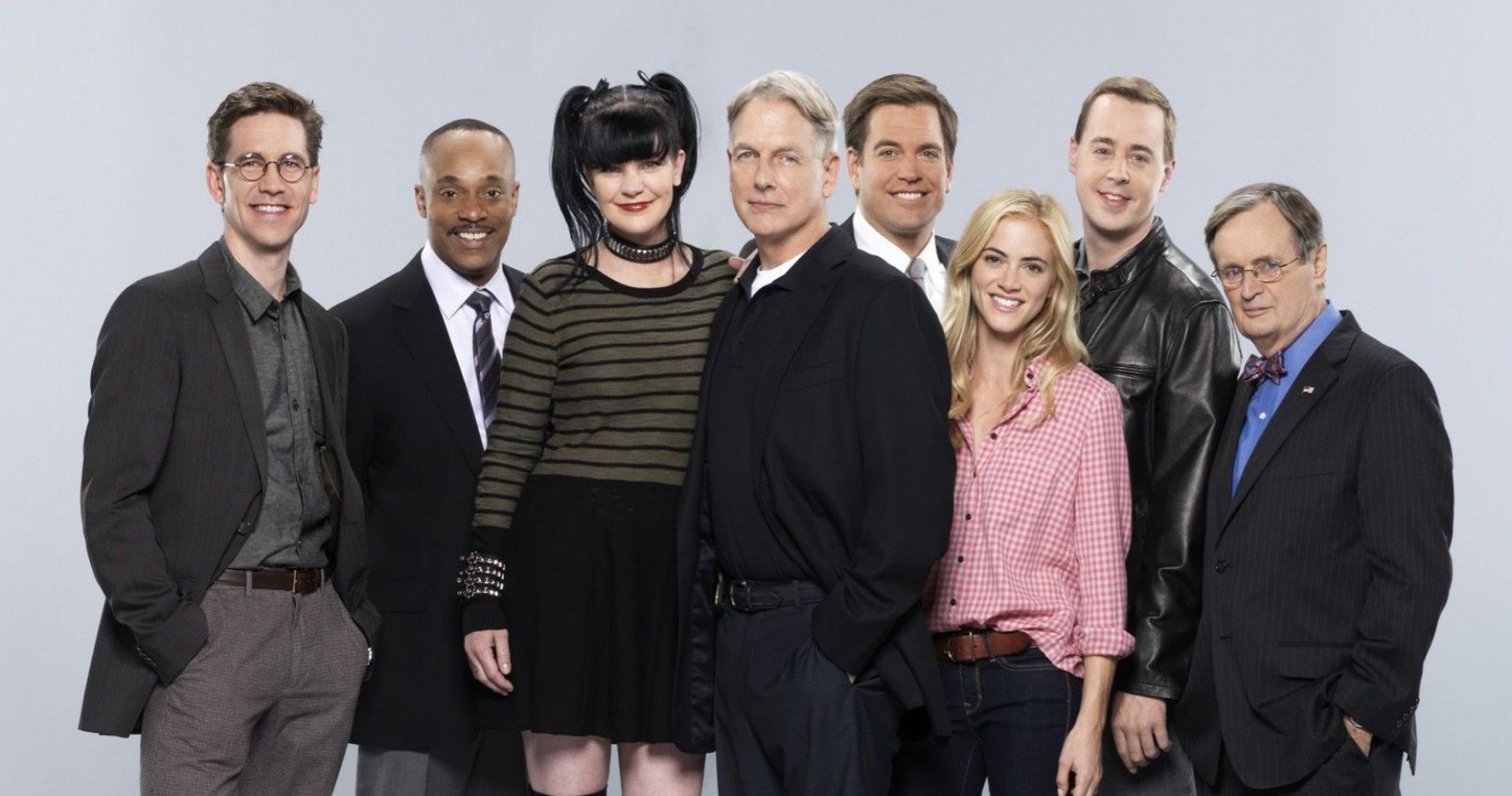
Think You Know NCIS? Think Again
NCIS has been around for over two decades. It’s given us iconic characters, unforgettable episodes, and enough plot twists to fill a crime drama vault. But even the most dedicated fans may have missed some subtle, deeply buried character details sprinkled across the seasons.
Today, we’re pulling back the curtain on 10 hidden character details that went unnoticed by most—even the die-hard fans. Buckle up. Things are about to get very interesting.
1. Gibbs’s Rule #91 Was a Hidden Message About His Departure
A Rule That Said More Than It Seemed
Rule #91—“When you walk away, don’t look back”—was casually introduced in Season 18. But fans later realized it was a farewell Easter egg. It foreshadowed Gibbs’s emotional exit from NCIS and symbolized his decision to let go of the past.
It wasn’t just another rule. It was his final goodbye.
2. Abby’s Necklace Was More Than Just a Fashion Statement
A Tribute Hidden in Plain Sight
Abby Sciuto’s iconic ankh necklace isn’t just goth flair. The ankh is an Egyptian symbol of life and protection. Pauley Perrette, who portrayed Abby, wore it as a subtle sign of her character’s deep connection to healing and justice. It was never just fashion—it was philosophy.
3. Tony DiNozzo’s Movie Obsession Hides a Deeper Truth
Movie Quotes as Emotional Armor
Tony’s constant movie references weren’t just comic relief. They were a defense mechanism. He often quoted films in tense or emotional moments to deflect vulnerability. Behind the humor, Tony was protecting himself from trauma—especially from his strained childhood and complicated love life.
4. McGee’s Voice Changed—And It Was On Purpose
From Nerdy Rookie to Confident Senior Agent
Watch early seasons and then compare them to later ones. Tim McGee’s voice noticeably deepened and slowed down over time. This wasn’t random—it reflected his evolution from the awkward “Probie” to a respected team leader. Actor Sean Murray confirmed it was a subtle way to show McGee’s growing maturity.
5. Ziva’s Hebrew Phrases Were More Than Character Quirks
A Deep Tie to Heritage and Trauma
Ziva often used Hebrew expressions—sometimes as jokes, sometimes in stress. But many of these phrases carried emotional weight. For example, she once muttered “Elohim, shmor oti” (“God, protect me”) during a firefight—hinting at her deep fear despite her tough exterior.
6. Ducky’s Backstory Quietly Connects to Real History
A Historian Playing a Historian
Dr. Donald “Ducky” Mallard often shared bizarre but accurate historical facts. But what fans might’ve missed is that his stories subtly mirrored real 20th-century conflicts—many tied to PTSD, World War trauma, and British intelligence. The show never spelled it out, but Ducky was likely a man shaped by war far more than he let on.
7. Bishop’s Journals Hold Secrets We Never Got to See
A Detail That Foreshadowed Her Ending
Ellie Bishop was often seen journaling or writing alone. While it seemed like a character quirk, it actually foreshadowed her departure—when she leaves NCIS to go undercover. Those journals? They were preparation. Breadcrumbs the writers dropped early on.
8. Palmer’s Tie Color Changed With His Mood
Costume Design That Spoke Volumes
Jimmy Palmer’s wardrobe wasn’t random. His tie color often reflected his emotional state. Brighter, fun colors during light-hearted scenes. Muted tones during stress or loss. Especially in the aftermath of his wife Breena’s death, fans noticed a dramatic shift in his clothing—subtly reflecting his grief.
9. Gibbs’s Basement Boat Project Was a Symbol
Building Boats, Burying Pain
Gibbs constantly built boats in his basement—and destroyed them. Why? It wasn’t just a quirky hobby. It was a metaphor for his need to rebuild after tragedy (like the death of his wife and daughter). He created, then let go. Every boat was a cycle of healing—and release.
10. Vance’s Boxing Wasn’t Just Fitness—It Was Therapy
Fighting Demons With His Fists
Director Leon Vance’s boxing scenes might’ve seemed like routine stress relief, but there’s more under the surface. As a former field agent, Vance used boxing to manage survivor’s guilt, stress, and control. It was a form of self-discipline—his way of staying grounded while carrying the weight of leadership.
Why These Details Matter More Than You Think
It’s Not Just the Plot—It’s the People
What sets NCIS apart from other procedurals isn’t just the cases—it’s the depth of its characters. These hidden details prove that the writers didn’t just create archetypes. They built real, flawed, emotional people. And every accessory, phrase, or background moment was layered with intention.
Rewatch NCIS With Fresh Eyes
You’ll Catch What You Missed the First Time
Knowing these hidden gems? It makes a rewatch way more rewarding. Suddenly, Tony’s movie quotes hit harder. Ziva’s phrases cut deeper. Gibbs’s silence becomes louder. Every detail, every look—it all means more when you know where to look.
Conclusion: It’s All in the Details
NCIS may look like just another crime show on the surface, but beneath the cases and catchphrases lies a web of subtle storytelling. These 10 hidden details are proof of just how much thought went into building characters that feel real. So next time you rewatch, keep your eyes open—you never know what you might find hiding in plain sight.
FAQs
1. Did the NCIS writers really plan all these small character details?
Yes, many were intentional and confirmed by actors or showrunners in interviews. Others may have evolved naturally with character development.
2. Are there more hidden details in NCIS beyond the main characters?
Absolutely. From set designs to episode titles, the series is full of small nods, easter eggs, and symbolic moments.
3. Why do Gibbs’s boats matter so much in the story?
They symbolize his personal healing process, control over chaos, and his cyclical journey of building, losing, and starting again.
4. Was McGee’s voice change a part of his character arc?
Yes, Sean Murray intentionally adjusted McGee’s voice and demeanor to reflect maturity as the character progressed in rank and confidence.
5. Are any of these hidden details mentioned in NCIS official content?
Some have been confirmed in behind-the-scenes content, cast interviews, and NCIS fan guides, while others are subtle clues picked up by observant fans.

